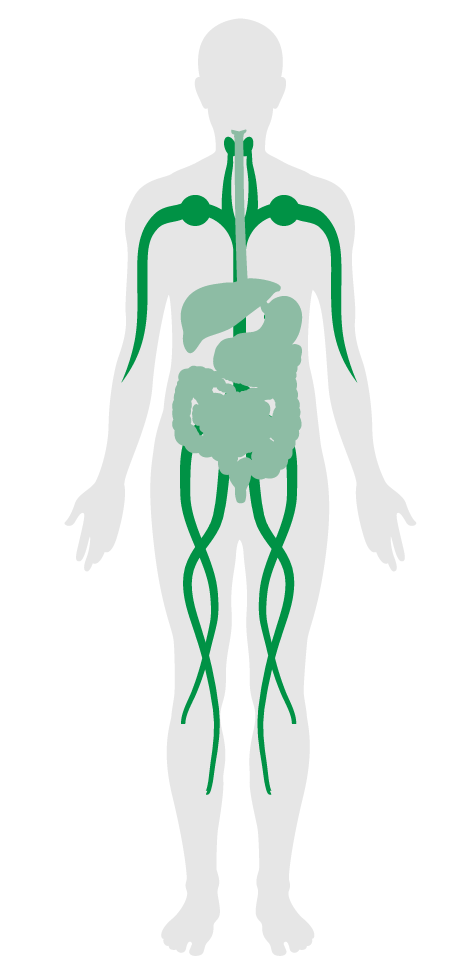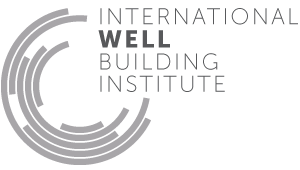Food contamination
- 38 Fruits and vegetables
- 39 Processed foods
- 40 Food allergies
- 41 Hand washing
- 42 Food contamination
- 43 Artificial ingredients
- 44 Nutritional information
- 45 Food advertising
- 46 Safe food preparation materials
- 47 Serving sizes
- 48 Special diets
- 49 Responsible food production
- 50 Food storage
- 51 Food production
- 52 Mindful eating
- P1 Food environment
- P7 Strategic Dining Design
42. Food contamination
To minimize occupant exposure to food-borne pathogens by providing safe food storage.
Foods such as raw meat, fish and poultry pose an increased risk of becoming contaminated with bacteria. Microorganisms from such foods can be transmitted to other products via cutting boards and other equipment and surfaces, leading to gastrointestinal problems associated with food poisoning. To mitigate foodborne illnesses, foods must be properly stored and clearly labeled, and prepared at sufficiently high temperatures. Effective sanitation techniques also need to be put in place to prevent or minimize the growth of pathogenic microorganisms and thus reduce the risk of contamination and transmission.
If raw meat is prepared or stored on site, cold storage spaces contain the following:
If raw meat is prepared or stored on site, the following conditions are met:
All sinks in kitchens must:

Applicability Matrix
| Core & Shell | New & Existing Buildings | New & Existing Interiors | |
|---|---|---|---|
| Part 1: Cold Storage | - | P | P |
| Commercial Kitchen | Education | Multifamily Residential | Restaurant | Retail | |
|---|---|---|---|---|---|
| Part 1: Cold Storage | P | - | O | - | - |
| Part 2: Food Preparation Separation | P | - | - | - | - |
| Part 3: Residential Kitchen Sinks | - | - | O | - | - |
Verification Methods Matrix
| Letters of Assurance | Annotated Documents | On-Site Checks | |
|---|---|---|---|
| Part 1: Cold Storage | Owner | Spot Check | |
| Part 2: Food Preparation Separation | Owner | Spot Check | |
| Part 3: Residential Kitchen Sinks |
| 42.2.a |
The FDA's Food Code recommends that food contact surfaces be smooth and easily cleanable. |
| 42.2.b |
The Food Code requires a sink with at least 3 compartments shall be provided for manually washing, rinsing, and sanitizing equipment and utensils. |
| 42.1.a |
The Food Standards Agency in Northern Ireland's A Survival Guide to Food recommends keeping raw meat in a separate storage space at the bottom of a refrigerator. |
